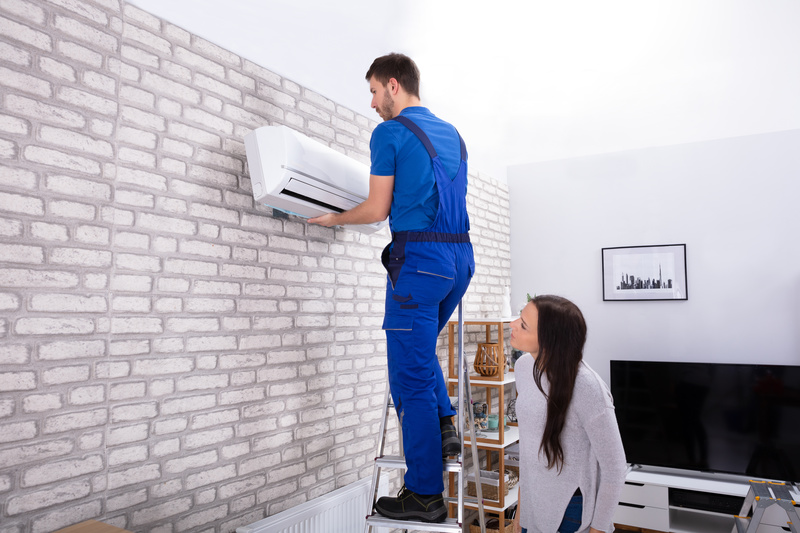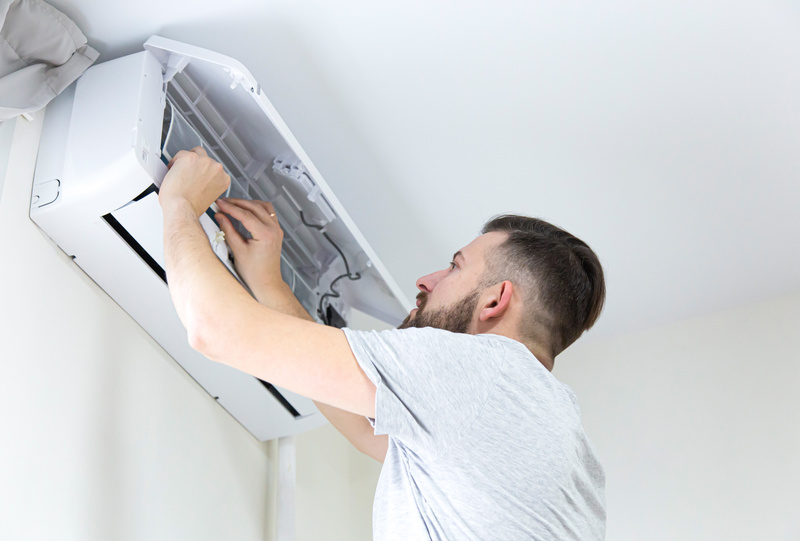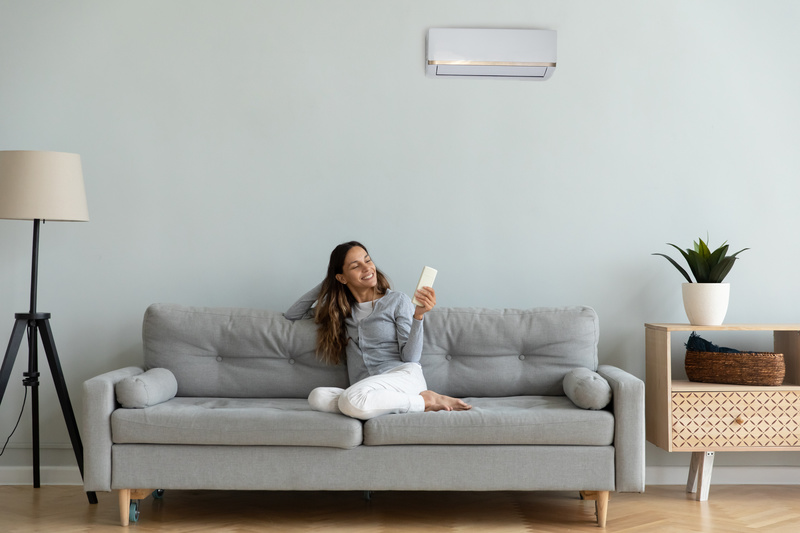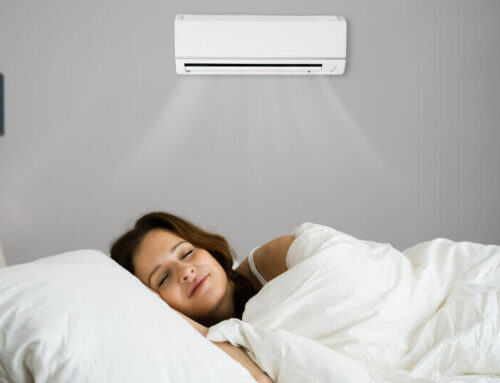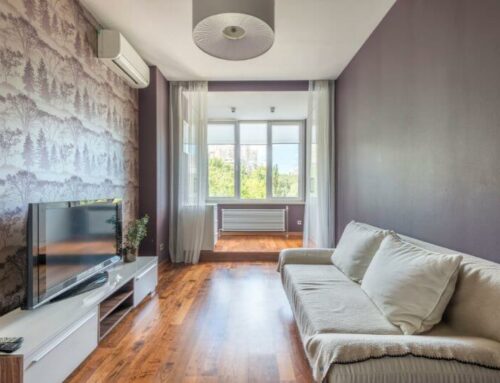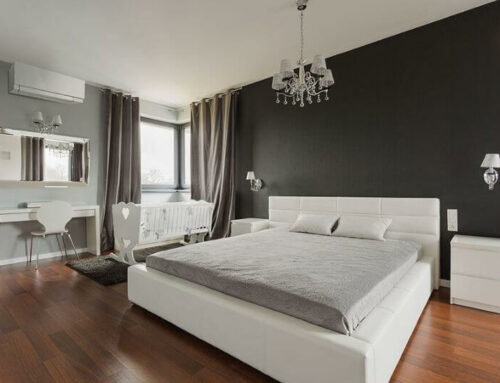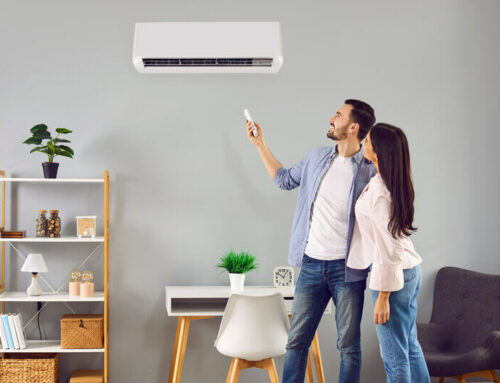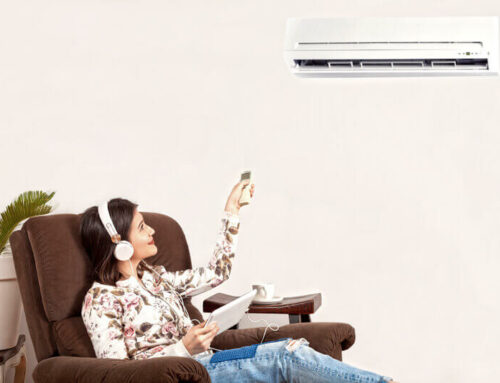Heat pumps are the number one choice of heating and cooling in homes across New Zealand. While the popularity of heat pumps is constantly growing, many people still have a lot of unanswered questions about whether a heat pump is right for them. We have put together this complete 2020 guide to heat pumps, where we tell you everything you need to know about heat pumps by answering the questions we are most frequently asked.
What is the most efficient way to run a heat pump?
While heat pumps are the most energy-efficient form of heating, there are a few ways in which you can boost their efficiency.
- While it’s tempting to set your heat pump to the highest temperature, it won’t heat the room any faster, but it will use more electricity. It’s best to maintain home temperatures of around 18-22 degrees in winter.
- Keep your heat pump filters clean
- Only heat the space you’re using
- Close doors, windows and curtains while the heat pump is running. Ensure there are no drafts and window leaks that could be allowing heat to escape.
- You can run your heat pump for as long as you like but make sure you switch it off when you don’t need it.
What should I look for when buying a heat pump?
Choosing the correct size heat pump is a critical step in purchasing a heat pump. Fortunately, you’re not alone in making this decision, we have an expert team of technicians who can help you.
When selecting the right heat pump, we look at the size of the space you want to heat, the typical temperatures in your area and the condition of your home’s insulation. You can start by using our easy heat pump calculator to find the right size for your needs.
However, there are some other important things that you will need to consider. These are:
- Look for the energy rating label. These are a good indication of how efficiently the appliance performs.
- Think about aesthetics. If you are looking to match your home’s interiors, consider a heat pump from Mitsubishi Electric’s Black Diamond or Designer series.
Can I install a heat pump myself?
While DIY jobs around the home can be extremely satisfying (especially when it saves you money), we strongly advise against attempting to install a heat pump yourself.
Under New Zealand law, a qualified electrician must carry out the electrical installation of a heat pump. It also must be given an electrical code of compliance.
The Flocon team are all qualified electricians with specific knowledge of heat pumps and air conditioning. Our team will ensure all installations run seamlessly, protecting your investment from unnecessary damage.
Attempting to install a heat pump yourself will not only result in a non-compliant device, but you will also run the risk of damaging this expensive piece of equipment.
Best advice – leave this one to the professionals!
Where is the best place to put a heat pump?
Choosing the location of your indoor and outdoor units is one of the most important elements in the guide to heat pumps. If you’re planning on installing only one indoor unit, it’s best to have this in your main living area that acts as the most utilised space in your home.
If you’re planning on having multiple indoor units, the choice is yours as to where they all go. We still recommend having a heat pump installed in the main living space.
As for the outdoor unit, things can be a little more complicated. You will need a sheltered area with plenty of airflow, preferably covered by an eve. Your outdoor heat pump unit will need a flat, rigid surface such as a concrete pad underneath it. If there is no such thing on your property, consider having a concrete pad laid prior to installation.
You will also need to ensure the area around the concrete pad can provide adequate drainage and that no shrubs or plants are within one metre from the outdoor unit.
How do I know what size heat pump I need?
The size of the heat pump you require will depend on the space you are heating. Larger spaces require larger capacities while smaller spaces need small capacities.
As to what capacity is right for your space, it’s best to have one of our team members come for a site visit. This way, you can rest assured knowing you have the right size heat pump for your home.
What is the most reliable heat pump brand?
We wholeheartedly believe that no brand can surpass Mitsubishi Electric. We are so firm on our dedication to Mitsubishi Electric that we choose to associate with them and them only.
Why?
Mitsubishi Electric’s technology and commitment to quality are what really sets the brand apart. You, the consumer, is the number one driver for all innovations and they are dedicated to bringing the highest quality, most energy-efficient heat pumps to the market.
Mitsubishi Electric is simply the best brand to include in the 2020 guide to heat pumps.
Before any heat pump is delivered to the consumer, it is rigorously tested to ensure its quality. As a result, Mitsubishi Electric heat pumps are durable, cost-effective, easy to maintain and have no issue working to optimum performance.
At what temperature do heat pumps become ineffective?
Most heat pumps struggle to produce heat once temperatures drop below 7 degrees. As we live in a relatively mild climate, this doesn’t necessarily affect most New Zealanders. However, there are still many parts of New Zealand where temperatures drop this low during winter which is why Mitsubishi Electric has developed Hypercore technology.
Hypercore heat pumps are able to run at peak performance right down to -15oC. So for areas with snow and ice, the Hypercore is the best heating solution for the peak winter months.
How much does it cost to run a heat pump?
It only costs around 28 cents an hour to run a heat pump in heating mode. This makes them the most cost-effective heating solutions by far today.
The fact that heat pumps don’t actually create heat means they don’t need electricity to bring them up to temperature. The little electricity they do require to perform is largely to run the compressor.
Simply put, heat pumps work by taking any available heat from the outdoor unit and pumping inside. Even on the coldest winter days, there is plenty of heat to utilise. In summer, when set to air conditioning mode, the heat pump will work in reverse, taking the warm air from inside and pumping it outside.
Is it cheaper to run a heat pump all the time?
On particularly cold days, it might be tempting to leave your heat pump on all day but it’s not a great idea to do so. While heat pumps are very energy efficient, they still need electricity to run so only use them when you need them.
Use your heat pump for as long as you like but be sure to switch it off when you no longer need it.
How long will a heat pump last?
Mitsubishi Electric heat pumps are incredibly durable and will have a good lifespan if treated with care.
Remember to clean your heat pump filters regularly and have our team pop over to give them a maintenance check once a year. Looking after your heat pump is the best way to make sure it lasts a long time.
We hope our 2020 guide to heat pumps has answered some burning questions about heat pumps for you. All in all, heat pumps really do save you money and are the most effective form of heating and cooling.
We are seeing huge numbers of Auckland homes do away with outdated heating – and opting for heat pumps. Come winter, we know these homes will see a dramatic difference in their energy bills and we are pleased to be part of this positive change.
We service residential and commercial properties across the Auckland region. If you’ve been thinking of having a heat pump installed but you’re not sure where to begin, give us a call today and one of our friendly technicians will come out to see you for a chat about your needs.
As a team of trained electricians, you can rest assured knowing we have installed the right heat pump in the right capacity.
Our customers are what’s most important to us here at Flocon and we take pride in ensuring we’ve gone over and above to meet the needs of each and every one of our customers.
Heat pumps are an investment you simply won’t regret. Once your heat pump is installed, it won’t take long for you to realise what you’ve been missing.

